Cycling can help you fight the effects of the time switch
The arrival of daylight saving time, in addition to affecting our training, entails some alterations that cycling can mitigate. Feeling low on energy or tired, as if we were suffering from jet-lag, is normal during these first days with the new time and cycling can be one of the best remedies to recover that vitality as soon as possible.

The bicycle as an antidote to the effects of daylight saving time
While discussions are still ongoing about its elimination, which was planned for 2020 when the pandemic hit to stop everything, once again, the last weekend of October is for many synonymous with the arrival of darkness with the application of daylight saving time, which shortens the evenings even more than is appropriate for the time of year we are now entering.
A time switch that began to be made at the beginning of the 20th century in order to make better use of daylight hours to save energy. However, in today's times, with a non-stop pace of life that extends from early in the morning until late at night, it is a measure that no longer makes sense, according to the latest studies on the subject, and that is why its elimination has been proposed.
RECOMENDADO
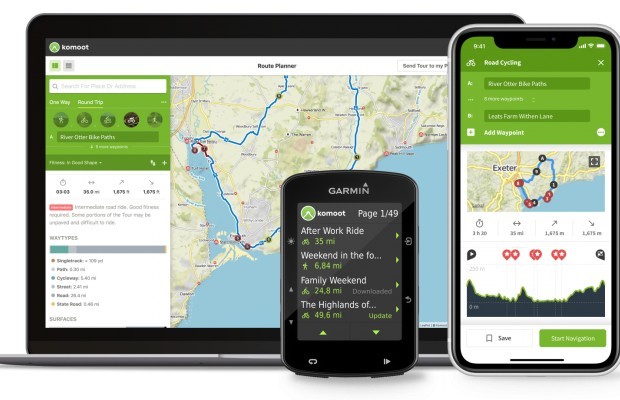
The best apps for cycling and mountain biking
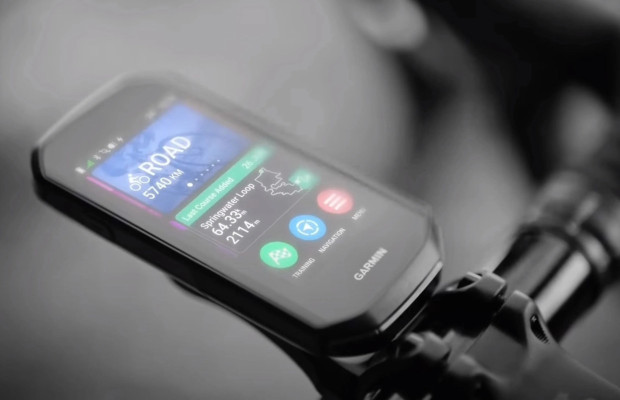
Black Friday Garmin 2025: the ultimate guide to choosing your GPS at the best price
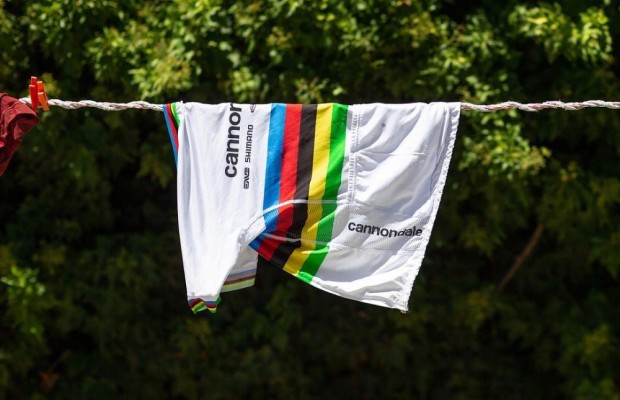
How to wash your cycling clothes? 10 keys to make them always look new

The real importance of signing up for a race
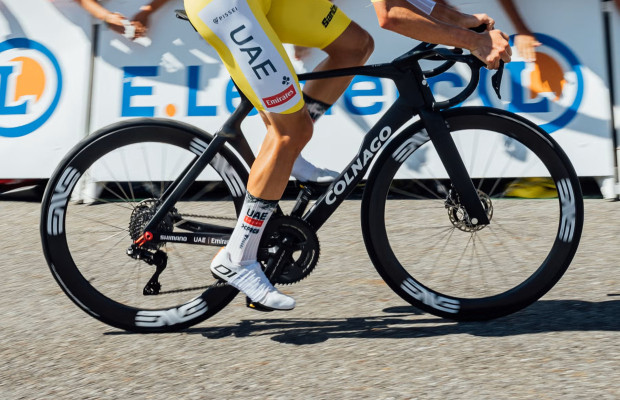
The best road bikes of 2025

The best gravel groupsets of the moment
While the end of daylight saving time comes to an end, we have no choice but to continue to deal with its effects, which, like the jet lag we suffer when we travel by plane, translate into tiredness, low energy, sleep disturbances and other problems that take time for the body to assimilate.
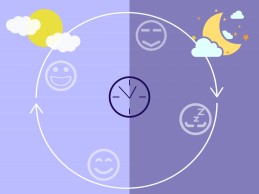
In addition to the days following the time switch, winter time itself, which leaves us with fewer daylight hours, in many cases extends these effects and during the winter months our mood suffers.
The reason for these effects is to be found in the alterations of the circadian rhythms that regulate the functioning of the body by adjusting the release of certain hormones and which are usually synchronised with the light-night cycles.
The bicycle as an antidote
Actually we should say, any sporting activity, but as this is a cycling website, we will make an apology for our sport. However, we are all aware that cycling during these months can be complicated for some people due to the lack of daylight hours in the afternoon.
If our work commitments allow it, trying to cycle in the morning will help us to activate the body and charge us with energy for the whole day. In the evening, when the light falls and melatonin secretion makes us feel tired and sleepy, cycling, either with lights outside or on the turbo trainer, will help us stay active until the end of the day. In addition, the accumulated fatigue from the sporting activity will help us sleep better, provided it is not too much, in which case we may wake up.

Apart from sport, trying to maintain routines will also help the body to set new rhythms: keeping to mealtimes, getting enough sleep, compensating for the time at which we get up can also be good tactics for dealing with the time switch.
And, although it is a piece of advice that should always be applied, staying well hydrated helps the body to stay active and not fall into those energy slumps that are so common in the winter season. The rest, just keep counting down the days until the next summer season, which is easier if we think that from 21 December the days are slowly getting longer again, something that is clearly noticeable by the end of January. Before we know it, we will be enjoying those long afternoons of cycling again.